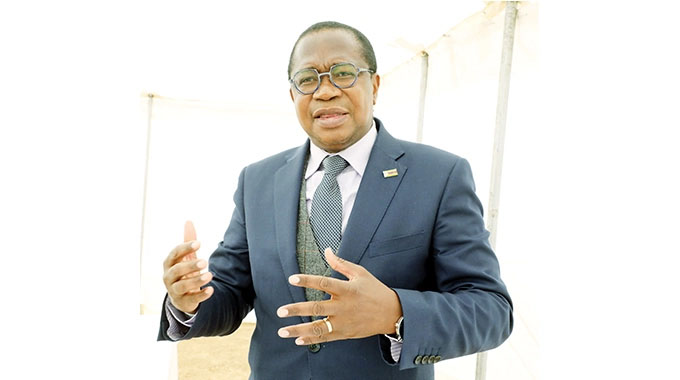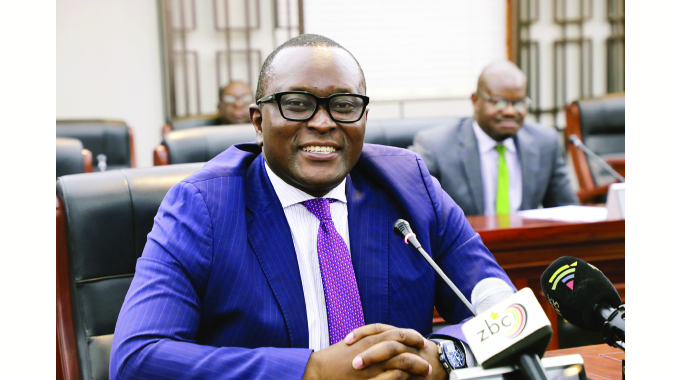Currency manipulators won’t rest: Mthuli

Mukudzei Chingwere
Herald Reporter
Currency manipulators and economic saboteurs will always be lurking about looking for opportunities and loopholes to unjustly profiteer but authorities will also be always ready to institute measures to insulate the transacting public, Finance and Economic Development Minister Professor Mthuli Ncube said last night.
He was speaking after yesterday’s Cabinet meeting and in the wake of Treasury announcing on Monday a raft of interventions to maintain macro-economic stability and retain the buying power of the Zimbabwe dollar.
Responding to questions on why the Government doesn’t legislate more tightly or introduce regulatory frameworks that completely insulate the currency and economy once and for all, Prof Ncube said authorities appreciate that there are always loopholes but they will always be on the lookout to plug them.
There have also been red flags from political and economic commentators over the timing of the sustained onslaught on the Zimbabwe dollar.
Commentators contend that regime change agents are targeting the Zimbabwe dollar as a means to scuttle infrastructural developments and other economic successes that Government has recorded under President Mnangagwa in a bid to jolt the electorate ahead of this year’s general elections.
“ . . . currency manipulators tend to work against Government policy (and) macro-economic policy pronouncements, this is true,” said Prof Ncube.
“That’s what they do. They always try to find loopholes to make sure that they can profit from any situation. Unfortunately, this is what we have to deal with as policy makers; we always try to respond.
“We have responded to those who have been found to be manipulating currency such as, for example, the Financial Intelligence Unit have frozen their accounts,” he said.
“If you look at the supply chain for most products . . . you then get the aggregators who then buy products from the producers and then on-sell to retailers.
“For most products retailers don’t buy directly from producers, they are middlemen. So we discovered that they were doing some currency manipulation working against Government policy and we froze their accounts. We have since recommended the Ministry of Industry and Commerce suspend their trading licenses.
“Maybe we should go further and say that retailers should now source their products directly from the manufacturers and not via these aggregators.
“We have had situations where we have shut down accounts for various other speculators and manipulators and we will continue to do so,” said Prof Ncube.
“One thing we are trying to tackle is this issue of money supply growth.”
On another note, acting Minister of Information, Publicity and Broadcasting Services, and Minister of Information Communication Technology, Postal and Courier Services Dr Jenfan Muswere said Cabinet considered and approved the National Migration Policy for Zimbabwe.
The policy aims to strengthen legal and institutional frameworks to derive maximum benefit from migration as well as aiding the socio-economic support systems of migrants and society.
It will develop a labour migration information system that will gather reliable and accurate data on labour migrants abroad by gender, profession, duration of stay, wages and salaries and working conditions.
It also aimed at including diasporans in the process of national development by developing a national migrant remittances framework and strengthening the capacity of Zimbabwe diplomatic missions to promote tourism.
“Cabinet noted that discrimination, xenophobia and racism are increasingly becoming issues of great concern to both sending, transit and receiving countries,” said Minister Muswere.
“Zimbabwe has already promulgated the Prevention of Discrimination Act which prohibits and criminalises discrimination.
“Therefore combating discrimination, xenophobia and racism is an essential element of a comprehensive national migration policy,” said Minister Muswere.








Comments